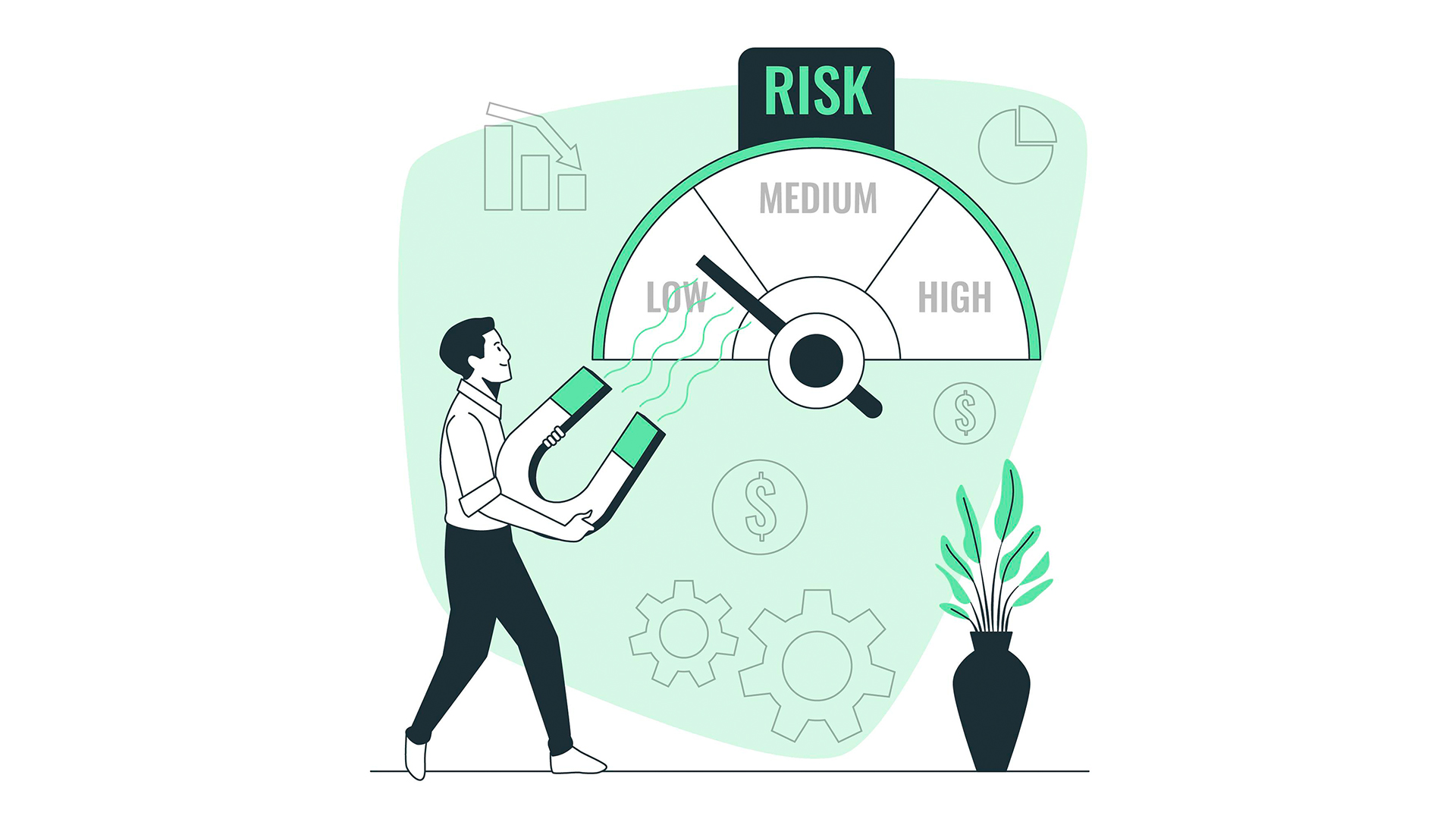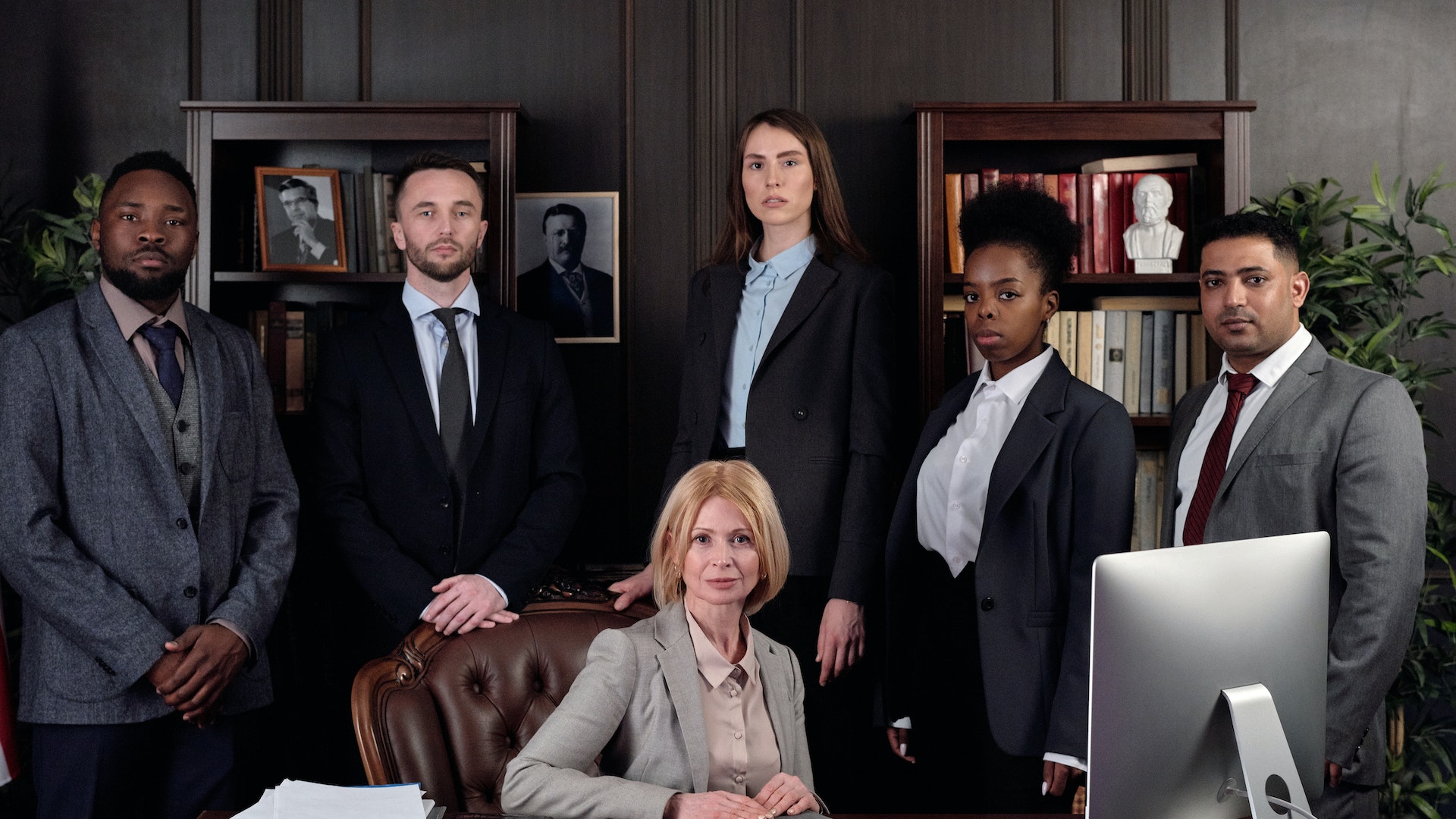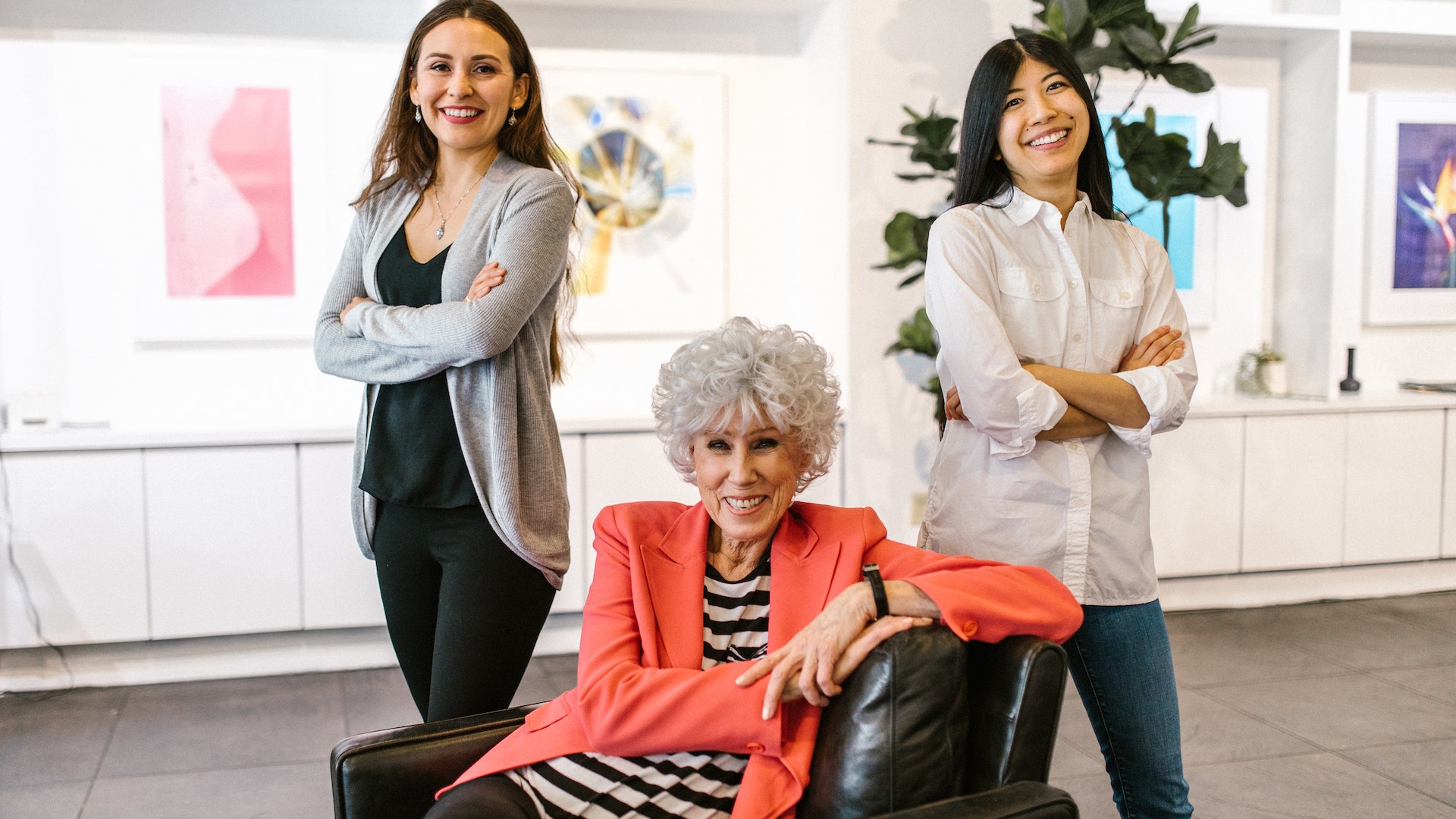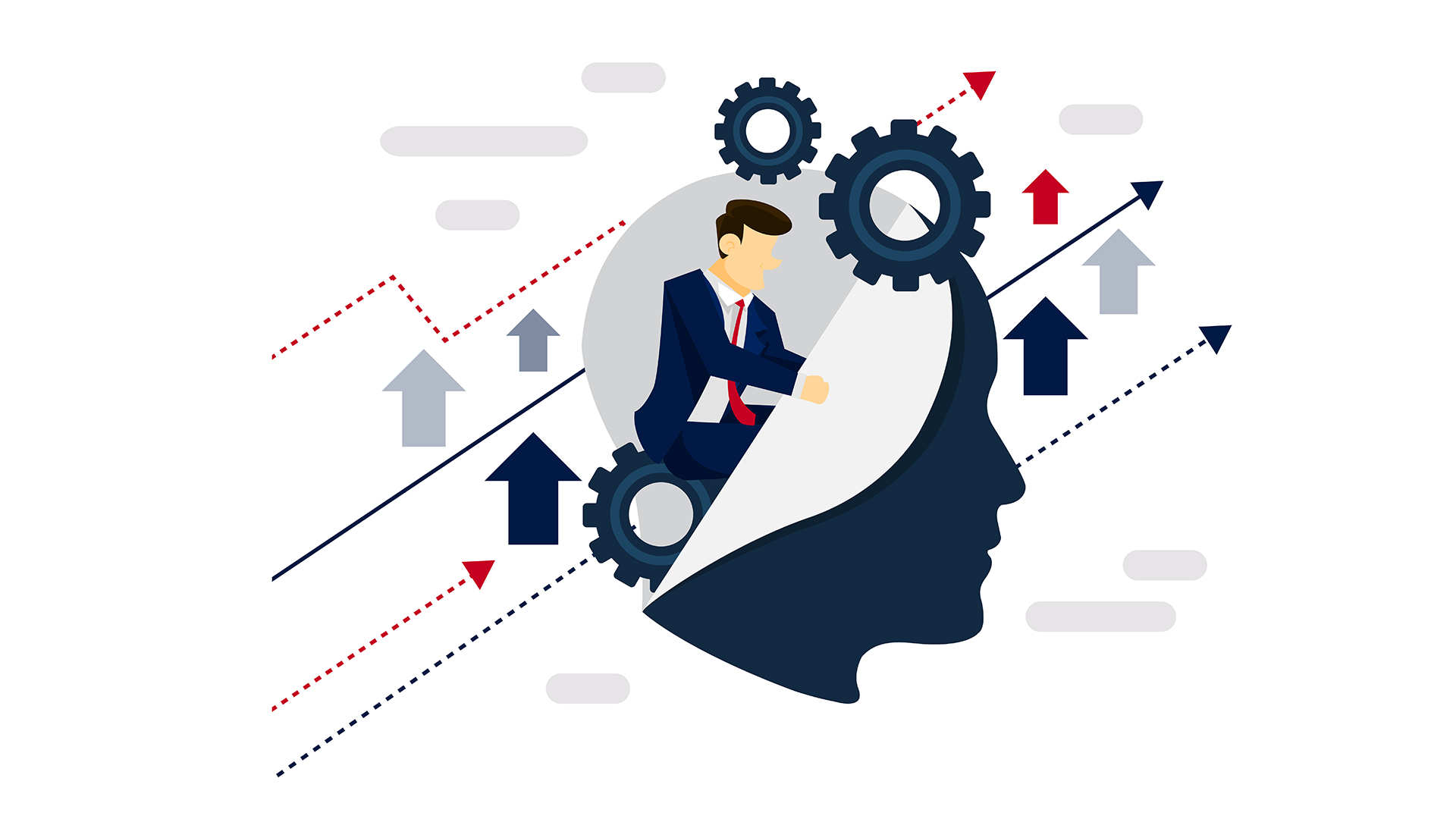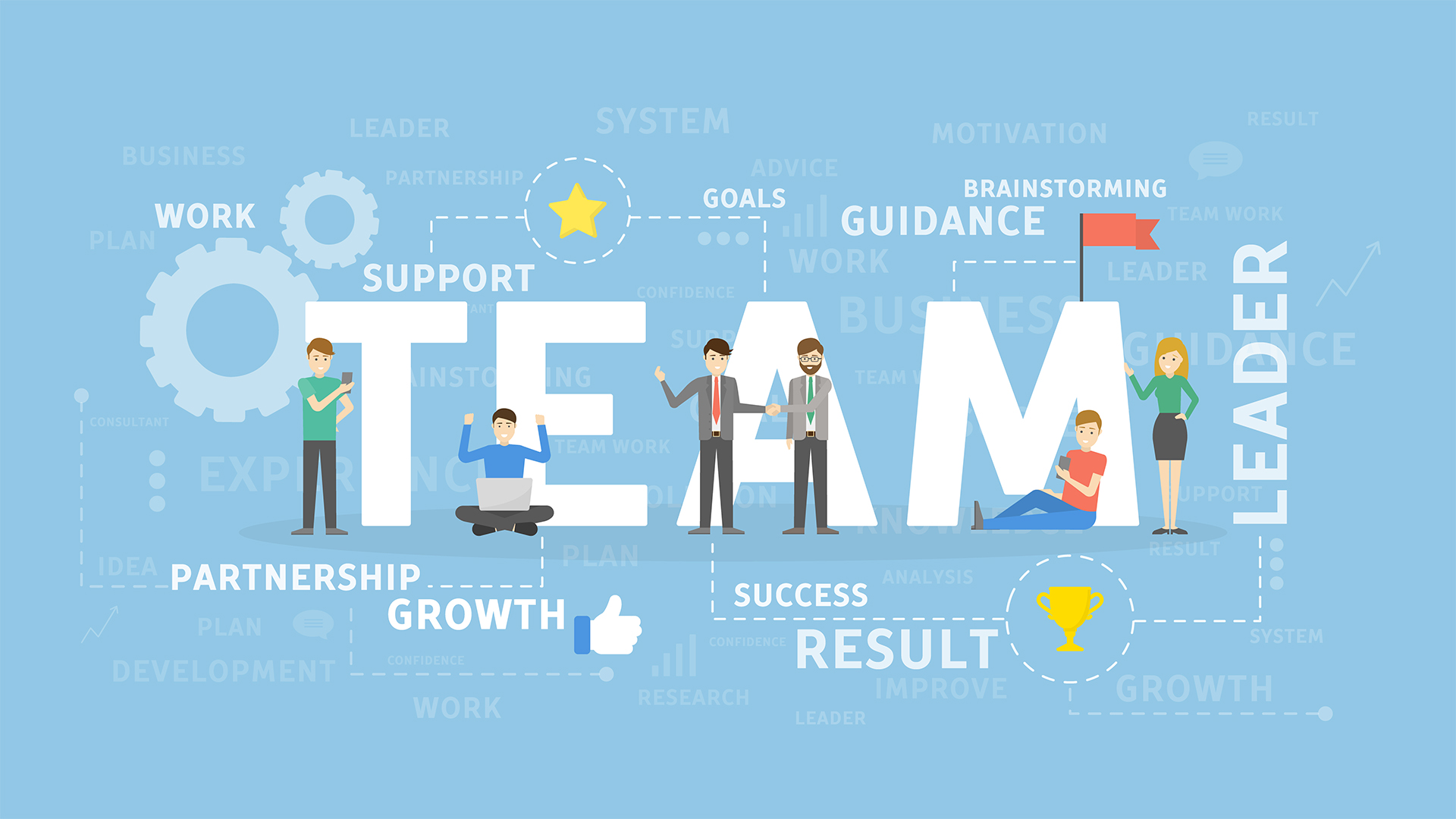
Team Building and Team Development Activation Training Course
Course overview
Do you think the correct teams are necessary to create a successful organization?
In order to successfully complete the projects, teams and their members must work together. This is the essence of team building. Once properly skilled team members have joined the group, they may need to be given knowledge and skills training in order to provide the appropriate results.
Team building must be a constant activity integrated into the organizational culture for the teams to be effective, though.
Do you think that having a staff with the right skills is essential to the project’s success, as well as to bringing in new clients and repeat customers?
Participants can create teams that are forward-thinking with the help of this team building and team development training course from Training Bee. Additionally, this will enable you to forge stronger connections, improve team member performance, and boost business efficiency.
This will also enable you to promptly resolve any problems that arise throughout any stage or module of your company strategy, thereby ensuring the success of your organization’s strategic plan.
Introduction
We’re excited to start your transformational journey through the Team Building and Team Development Training Course, where we’ll reveal the keys to creating high-performing teams and maximizing their potential. Building strong teams and encouraging their development is not simply a competence in the quickly changing business environment of today; it is also a strategic advantage that may propel organizations to previously unheard-of heights of achievement.
In this course, we explore the art and science of team creation and development as we delve deeply into the core of team dynamics. We’ll provide you with the information, resources, and tactics you need to build teams that are not only effective and efficient but also creative, flexible, and resilient.
As participants move through this course, you’ll come to understand that creating an environment where talents can blossom, ideas can flourish, and accomplishments can have an impact that extends beyond any particular project is what it truly takes to create an effective team.
Are you prepared to start this illuminating journey? Let’s investigate the area of team growth and creating relationships, where connections are made and potential is unlocked, and success is made possible by a group effort. Let’s start.
We are The Training Bee, a global training and education firm providing services in many countries. We are specialized in capacity building and talent development solutions for individuals and organizations, with our highly customized programs and training sessions.
Learning Objectives
Upon completing Team Building and Team Development Training Course, participants will be able to:
- Determine the team’s health
- Recognize the skills required to implement beneficial changes at work
- Team members being positive to foster synergy
- Determine the team’s goals and direction.
- Recognize team dynamics and skills
- Establish methods for putting together an effective team.
- Increase team communication
Our Unique Training Methodology
This interactive course comprises the following training methods:
- Journaling – This consists of setting a timer and letting your thoughts flow, unedited and unscripted recording events, ideas, and thoughts over a while, related to the topic.
- Social learning – Information and expertise exchanged amongst peers via computer-based technologies and interactive conversations including Blogging, instant messaging, and forums for debate in groups.
- Project-based learning
- Mind mapping and brainstorming – A session will be carried out between participants to uncover unique ideas, thoughts, and opinions having a quality discussion.
- Interactive sessions – The course will use informative lectures to introduce key concepts and theories related to the topic.
- Presentations – Participants will be presented with multimedia tools such as videos and graphics to enhance learning. These will be delivered engagingly and interactively.
Training Medium
This Team Building and Team Development Training Course training is designed in a way that it can be delivered face-to-face and virtually.
Course Duration
This training is versatile in its delivery. The training can be delivered as a full-fledged 40-hour training program or a 15- hours crash course covering 5 hours of content each day over 3 days
Pre-course Assessment
Before you enroll in this course all we wanted to know is your exact mindset and your way of thinking.
For that, we have designed this questionnaire attached below.
- Describe the meaning of “team” and the role it plays in the workplace. How can strong teamwork contribute to the success of an organization?
- Distinguish between a team and a group. Give an example of each and describe the salient features that set them apart.
- Why is effective team dynamics dependent on effective communication? Give instances of how poor communication might affect a team’s ability to perform.
- Give an explanation of the idea of active listening and its importance in team interactions. How might active listening improve understanding and communication within the team?
- Explain the distinction between team maintenance roles and task-oriented roles. Give instances of each and describe how they help a team work.
- How do role disputes occur in teams? What tactics may be used to deal with and resolve these problems in a positive way?
Course Modules
This Team Building and Team Development Training Course covers the following topics for understanding the essentials of the Agile Workplace:
Module 1 – INTRODUCTION
- The conventional, independent, and virtual teams
- Team Characteristics
- Qualities of Successful Teams
- How can I be most productive for myself?
- Your contribution’s effect on the efficiency of the team
Module 2 – TEAM DEVELOPMENT STAGES
- Recognize the Team Development Stages
- Recognize your position as a leader at each of these levels.
- Recognize your function as a follower at each of these levels.
Module 3 – SKILLS NEEDED TO DEVELOP A TEAM
- Recognize the success cycle.
- For success, set goals and concentrate on them.
- Recognize effective communication techniques.
- Preparing to be productive.
Module 4 – BUILDING RELATIONSHIPS AND PERFORMANCE MANAGEMENT
- Interpersonal connections.
- Conflict Resolution.
- High-performing teams have certain traits.
Module 5 – ENGAGEMENT OF TEAM
- Why do groups succeed?
- Why do teams sag?
- Handling team engagement activities Group meetings
- Team brainstorming
- Teamwork in problem-solving
Module 6 – MONITORING THE TEAM’S PERFORMANCE
- Choosing the appropriate measures to measure team performance
- Distributing the team performance metrics
- Evaluating the output of performers who priorities results
- Rewards and acclaim
- Demonstrating leadership for your teammates
Module 7 – Customer satisfaction on the inside
- Internal Customer Satisfaction Definition
- Internal Customer Satisfaction’s Advantages
- Determine the workflow to gauge person satisfaction
- Establish criteria to gauge personal happiness
- Recognize the best ways to involve your staff in the process.
- Internal customer satisfaction measurement best practices
Module 8 – SELF-MOTIVATION
- Keeping one’s attitude in check
- How can I remain inspired?
- How to motivate oneself?
- How can I motivate others?
Post-course Assessment
Participants need to complete an assessment post-course completion so our mentors will get to know their understanding of the course. A mentor will also have interrogative conversations with participants and provide valuable feedback.
- Describe the Tuckman model’s stages of team growth in brief. How may understanding these phases help to promote efficient team development?
- Consider how crucial collaboration is to accomplishing organizational objectives. Give an instance from your own experience where successful teamwork resulted in a result.
- Describe a situation where a team’s effective collaboration resulted in a novel solution. What conditions made this collaboration possible?
- Determine any obstacles that might prevent a team from collaborating and communicating effectively. What tactics can teams use to get over these obstacles?
- How does trust affect the dynamics and effectiveness of a team? Give an illustration of how effective team collaboration resulted from high levels of trust.
Lessons Learned
Unified Vision, Collective Achievement: The basis for successful teamwork is a shared vision and common goals. Amazing accomplishments are made possible when team members coordinate their efforts towards a common goal.
The lifeblood of collaboration is communication. Successful teamwork is built on strong communication. Understanding, trust, and teamwork are fostered by open, honest communication between team members.
Diverse viewpoints lead to richer solutions: Diversity within a team fosters innovation and improves problem-solving. Innovative ideas develop as a result of divergent points of view that might not have done so otherwise.
Conflict as a Growth Catalyst: Positive conflict can result in innovations. Respectful and compassionate conflict resolution can strengthen team bonds and promote ongoing development.
“Transformative Development’s Finale: Strengthening Teams, Creating Better Futures”
